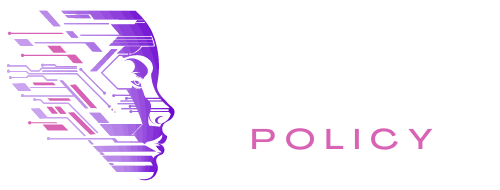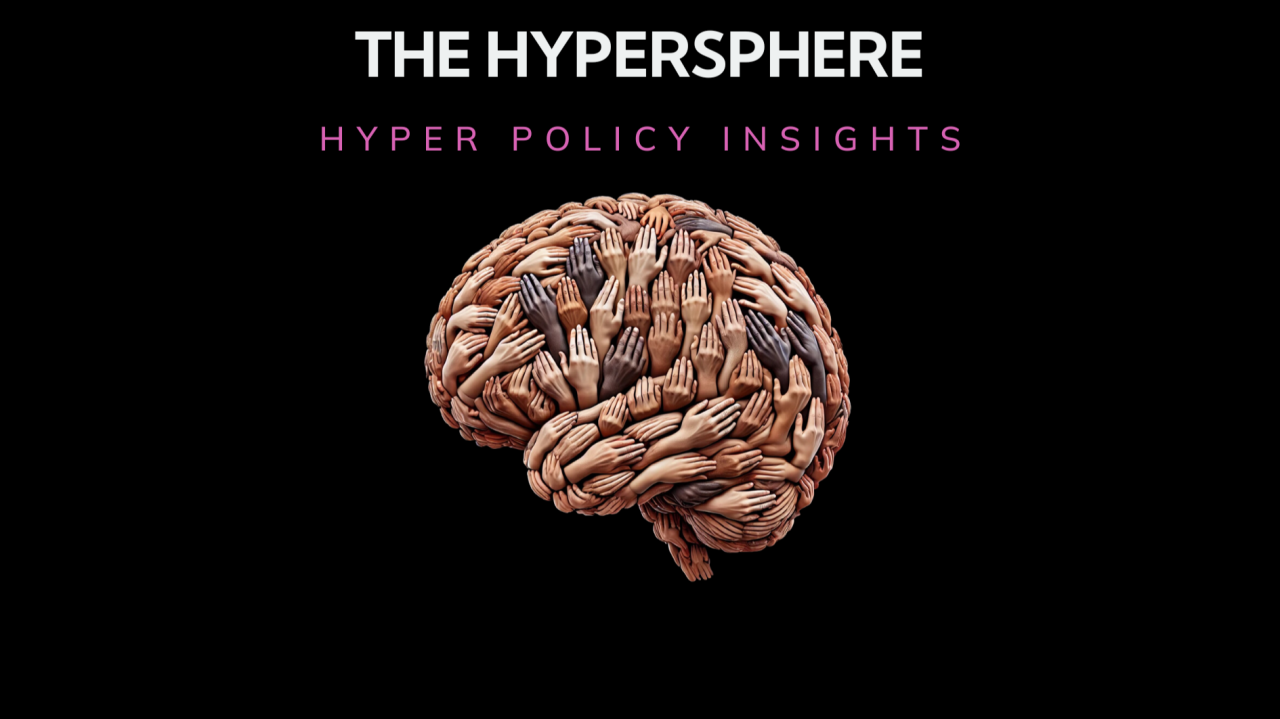Introduction
The wide advancement of Artificial Intelligence and automation technologies is transforming industries, leading to significant economic shifts and workforce disruptions. As machines and algorithms increasingly perform tasks once done by humans, many workers face job displacement and income instability. Universal Basic Income (UBI) has emerged as a potential policy response to support individuals affected by these changes, providing a safety net that allows for economic security and adaptation. Agentic workforces are arriving daily and will increasingly become more capable sooner rather than later. Semi-Intelligent robotic workforces will arrive within 4–6 years. Hyper Policy is committed to exploring the implementation of UBI programs tailored for disrupted industries, aiming to secure a more stable transition into the AI-driven economy.
Focus
We focus on advocating for UBI as a means to provide financial security by making sure that individuals in disrupted industries have a basic level of income to meet their essential needs. Facilitating workforce transition enables workers to pursue retraining, education, or entrepreneurial endeavors without the immediate pressure of income loss. Standard unemployment practices are simply not enough for the global inflated economy, let alone here in the West and in Silicon Valley. Promoting social sustainability addresses income inequality exacerbated by technological advancements, supporting those disproportionately affected. Stimulating economic activity maintains consumer spending power, which is essential for economic growth and stability. By implementing UBI programs, society can mitigate the negative impacts of AI-induced disruptions while harnessing the benefits of technological progress.
Concern
The transition to an AI-driven economy presents several concerns. Job displacement threatens workers in industries such as manufacturing, transportation, retail, and administrative services, leading to significant risk of unemployment due to automation. Economic inequality may widen as the benefits of AI disproportionately accrue to capital owners and highly skilled workers. Social unrest can result from economic insecurity, leading to increased stress, mental health issues, and societal tensions. Existing social welfare programs may not adequately address the scale or nature of disruption caused by AI technologies. Hyper Policy is concerned that without proactive measures, the societal costs of technological advancement may outweigh the benefits, leading to long-term economic and social challenges.
Proposed Action
To address these challenges, Hyper Policy proposes several actions. Private and Public sectors should contribute. Implementing pilot UBI programs in regions or industries heavily affected by automation assesses the effectiveness of UBI in supporting displaced workers, providing valuable data on outcomes, costs, and societal impacts. Exploring sustainable funding options for UBI programs includes prospective taxation on AI and automation technologies that are non-educational related, corporate contributions, and reallocating existing welfare budgets. Integrating UBI with other support systems, such as retraining programs, education grants, and healthcare services, provides a holistic approach to worker support. Involving affected workers, industry leaders, policymakers, and economists in the design and implementation of UBI programs can help make sure they meet the needs of those they hope to assist. Establishing metrics and evaluation frameworks allows for monitoring the impact of UBI programs, enabling adjustments and improvements based on empirical evidence. Educating the public about the benefits and challenges of UBI provides informed dialogue and addresses misconceptions. Sharing insights and best practices with other countries exploring UBI contributes to a global understanding of how to manage AI-driven economic transitions. By implementing UBI programs targeted at disrupted industries, society can provide a safety net that sustains families, communities, and individuals to survive the changing economic landscape, supporting both the affected workers and the broader economy.
The HyperSphere: HyperPolicy Insights is a series of focused, concise analyses on the latest advancements, ethical challenges, and policy developments surrounding emerging technologies, artificial intelligence (AI), the Metaverse, and responsible innovation. It aims to provide thought leadership and actionable insights to guide the ethical use of technology in an increasingly accelerated and complex landscape.

